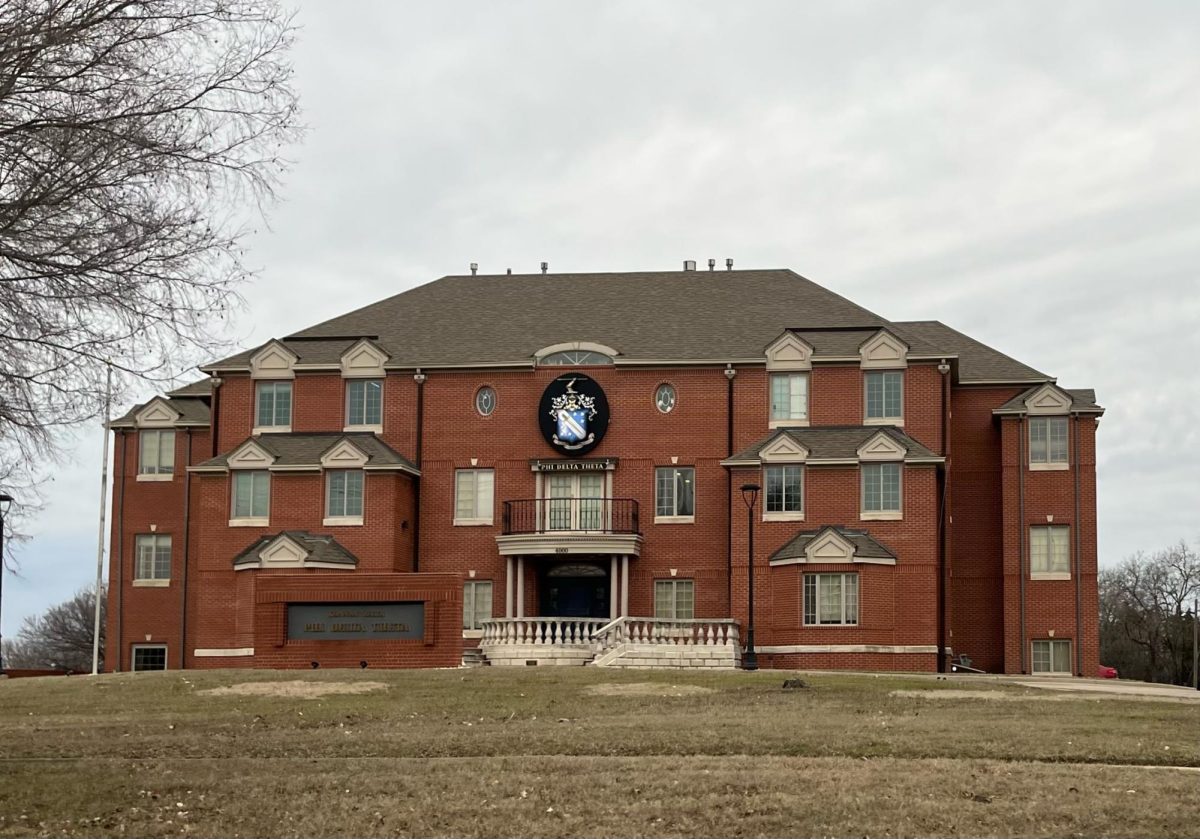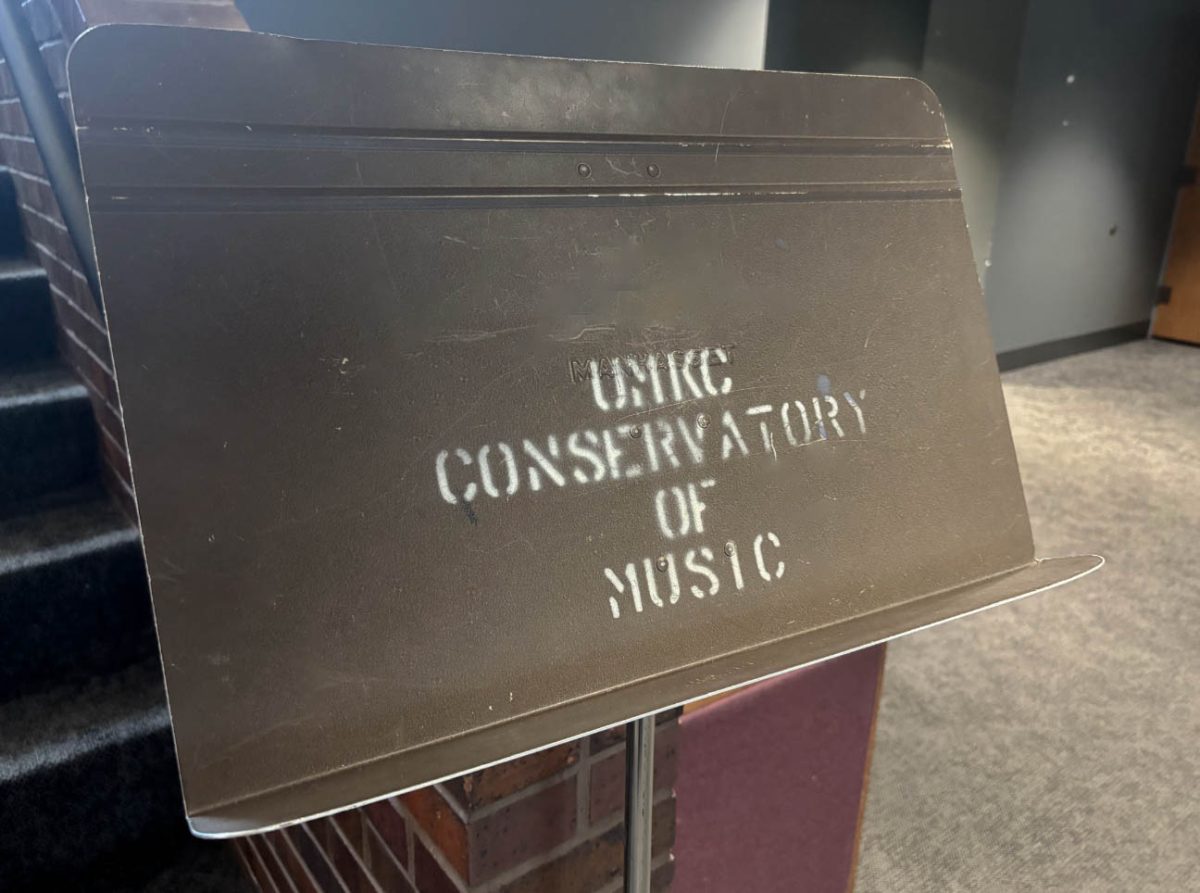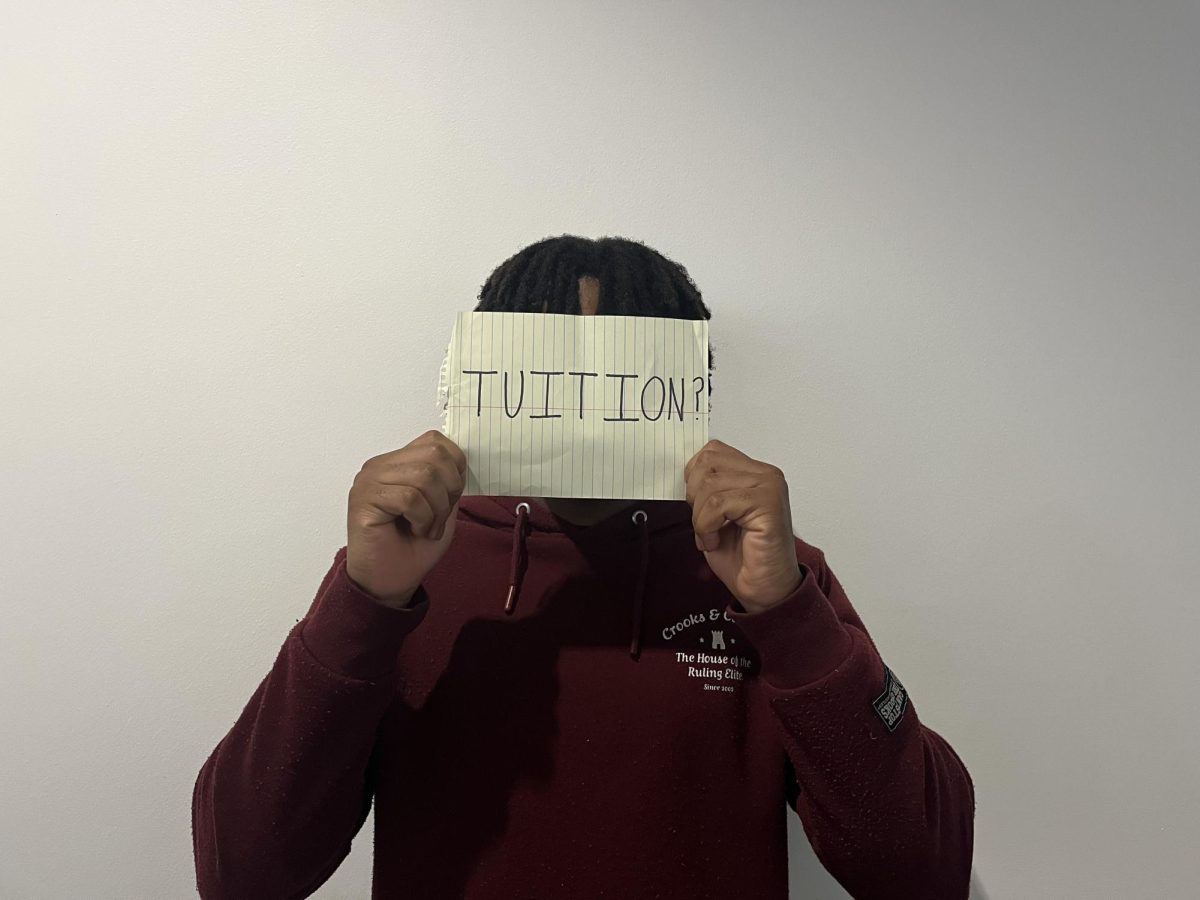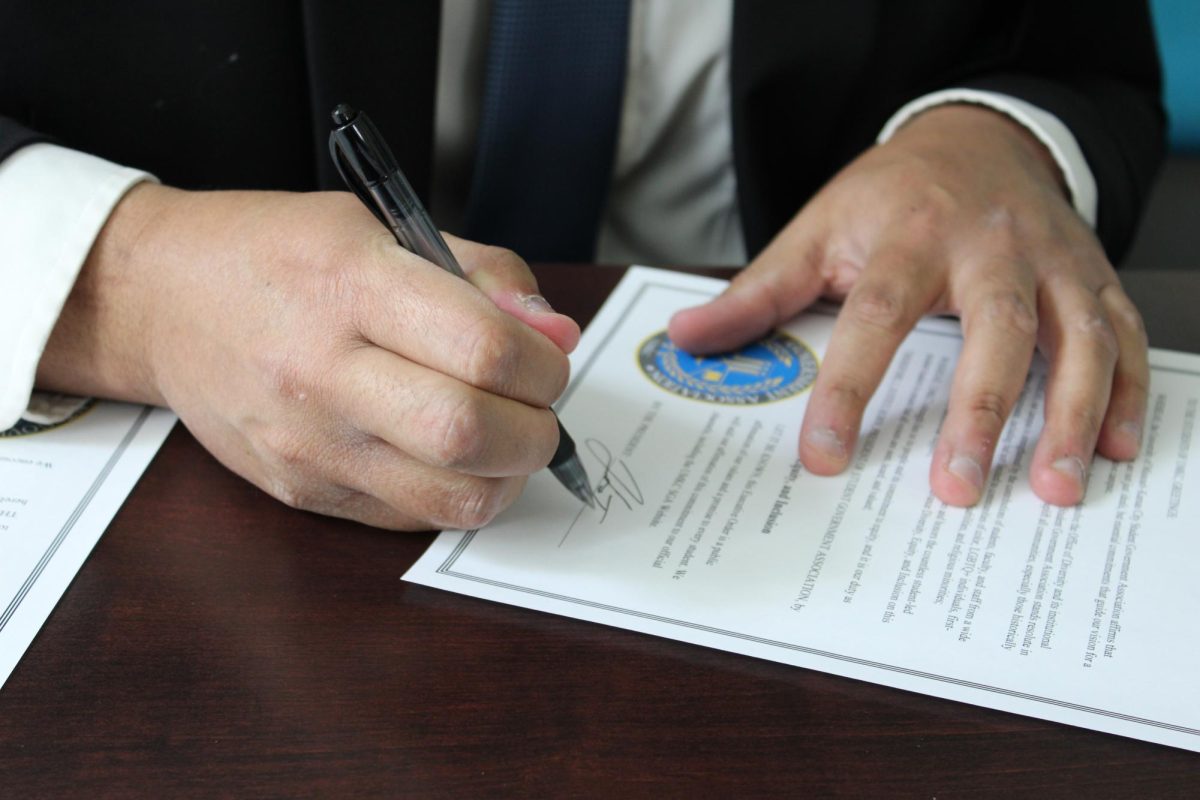Last semester, three members of the Kappa Sigma fraternity were expelled from the organization after a hazing incident on campus.
Numerous pledges who had not been initiated yet reportedly also dropped Kappa Sigma.
“We had no prior knowledge of their actions until a pledge brought these actions to light,” Kappa Sigma President Paul Chmelir said. “Once we were made aware of the situation our Executive Board immediately went into action to expel these members.”
Now, many of the former Kappa Sigma pledges – along with the roommate of these expelled members – have started an interest group for the Phi Delta Theta fraternity.
The leader of this student interest group lives with the expelled members according to Sam Bluso, recruitment specialist for the Phi Delta Theta organization.
When asked about the fraternity’s connection to the hazing incident, Bluso says, “Both Phi Delta Theta and the Fraternity and Sorority Life Office set expectations with the interest group that former members of Kappa Sigma would not be involved with the new fraternity since it would violate Phi Delta Theta’s membership eligibility policy.”
Phi Delta Theta is a nationally recognized organization that focuses on brotherhood, networking, and philanthropy.
Members of the fraternity and sorority community at UMKC are concerned about this new group’s proximity to hazing.
Bluso reported that he was unaware of any questionable happenings taking place within the interest group, but assured that the Phi Delta Theta organization has a zero-tolerance policy for hazing.
The process of starting a new fraternity on campus begins with recruiting and selecting members. Bluso said potential members have to go through three rounds of meetings before getting a “bid.”
When a person receives a bid to join the organization, they have the choice to accept or reject it. Once accepted, they become a “pledge,” which is the transitional period between recruitment and initiation.
The time between getting a bid and initiation varies between organizations. This is usually where pledges are expected to fulfill the expectations of the chapter.
The official Phi Delta Theta participant manual describes being a pledge as, “…not technically in the Fraternity. You will not, however, be asked to do anything that would not be asked of an active member. If we won’t do it, you won’t either.”
While the organization is still in its infancy at UMKC, this uncommon start may cause problems for them further down the road.









